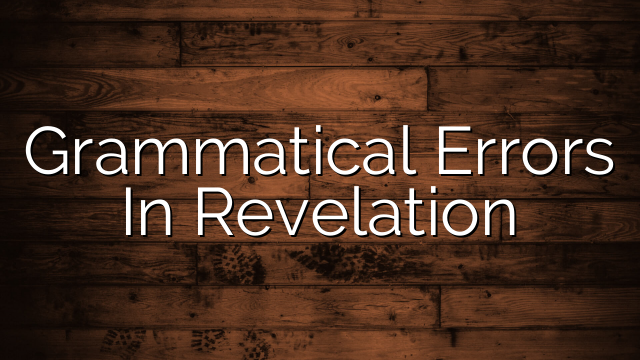I was currently working on translating chapter 4 of Revelation for class, when I came across what seems to be this awkward construction. However My Greek class uses “Basics of Biblical Greek” written by William D. Mounce, as it’s text book, in which I recently had to check something similar. I don’t think that is should be counted as awkward, or weird, just not normal. It is however more normal than one might think. For me what seemed odd was not the needing of “someone” but the absence of the article as found in verse 4. the result would be one is sitting; the one who is setting; something of this nature, as the participle is functioning substantial. This usually has the presence of the article as in verse 4. typically without the article we would not translate the participle adjectival but adverbially(key words being while, after, had, depending on the tense.) on Page 272 Mounce makes it clear that in most cases we can determine if it is adverbial or adjectival by the presence of the article, however not always. context becomes the end factor, because not always will there be an article for the use of adjectival. It seems here the absence, only my speculation, is due to the prepositional phrase. With the same word being used in the next verse with the articular it is fairly clear that it should be translated adjectival; one is sitting, or the one who is sitting.
I hope this is helpful.
Steven Jensen
[email protected]
Statistics: Posted by Steven Jensen — April 23rd, 2014, 6:53 pm












![New Testament • Re: Rev 2:13 ο μαρτυς μου, ο πιστος [μου]?](https://probible.net/wp-content/uploads/2017/11/New-Testament--Re-Rev-213-ο-μαρτυς-μου-ο-πιστος-μου8.png)






